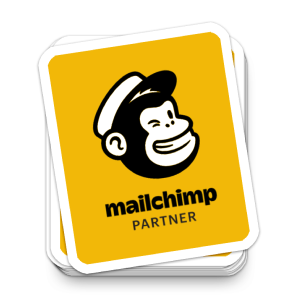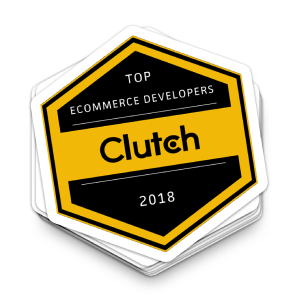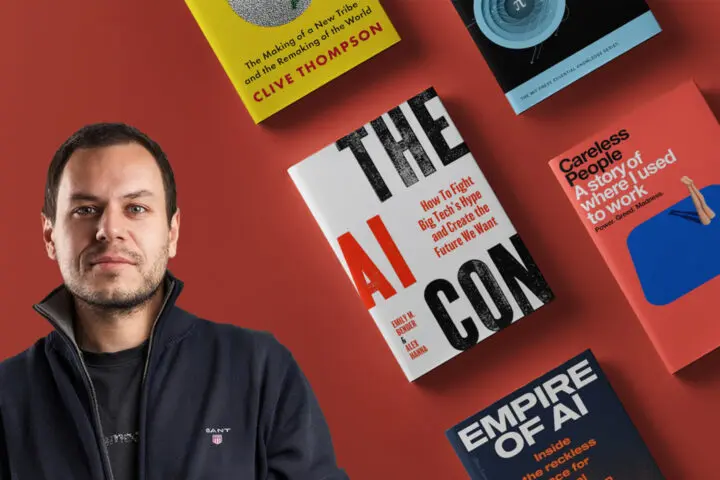Are we entering into a DeepHat SEO era?
OpenAI published an update to the ChatGPT platform. The system “can now browse the internet to provide you with current and authoritative information, complete with direct links to sources”
Now, this is a big update (that users longed for) and it seems to me that we’ll witness a new era of Search Engine Optimization tactics. Let’s call it a DeepHat era. Here’s why…
When SEO as a discipline started in roughly 1997. most industry experts agreed that high quality content, originality and wisely optimizing the HTML for search engines will give you loads of organic traffic. This was called WhiteHat SEO tactics.
On the other hand, we instantly saw shady characters trying to utilize BlackHat tactics (keyword stuffing, content farms, cloaking, doorway pages etc.) to gain those same results, sans the human effort.
The trick was this – Google didn’t want to publish their system rules as to prevent gaming of the platform so ALL players were swimming in the dark – trying out & probing what works and what doesn’t – across years and years of Google SEO updates. Here’s the zipped version:
- 1996: The first major search engine, AltaVista, is launched.
- 1997: The term “search engine optimization” is first used.
- 1998: Google is founded.
- 2003: Google launches its first major algorithm update, Florida.
- 2011: Google launches its Panda algorithm update, which targets low-quality content.
- 2012: Google launches its Penguin algorithm update, which targets websites that engage in spammy link building practices.
- 2013: Google launches its Hummingbird algorithm update, which focuses on understanding the intent behind search queries.
- 2015: Google launches its RankBrain algorithm update, which uses machine learning to rank websites.
- etc. etc. You get the gist of it.
Fast forward to 2023. and we have the EXACT same industry story. Open AI and Microsoft are placing huge amounts of effort to become an alternative search experience and the “web crawl” part of the Open AI platform just opened up tons of digital marketing opportunities.
- the architecture of this transformer-based system is closed, a.k.a. you don’t know how the “deep learning” of GPT4 works and how it will include your (or some other) web content in the requested output. This is a repeated Google story as listed above.
- ChatGPT has probably over 100 million users which means that most web owners would want to be discoverable by the GPT engine.
- You could also block ChatGPT from accessing your web (if that’s your thing)
Now, I haven’t found or tried out how GPT can access this site and there are no clear guides on how the discoverability works; BUT I presume that this will be published as a set of guidelines – rather than explicit rules – sooner or later.
I also presume that web owners will watch out on how this plays out. In the end, new tech opens up exciting new opportunities and most content marketers will need to add DeepHat tools to their belt. Let’s just hope that OpenAI (and other LLM-building companies) will be transparent and benevolent about their updates or guidelines.







